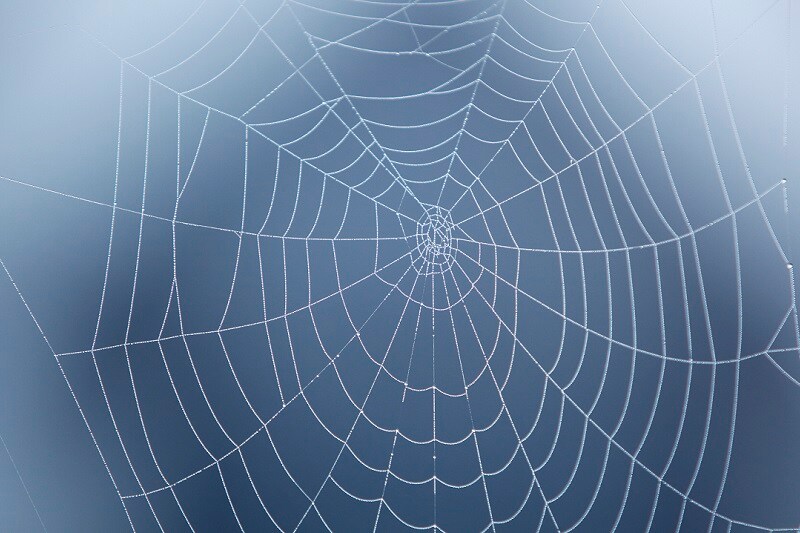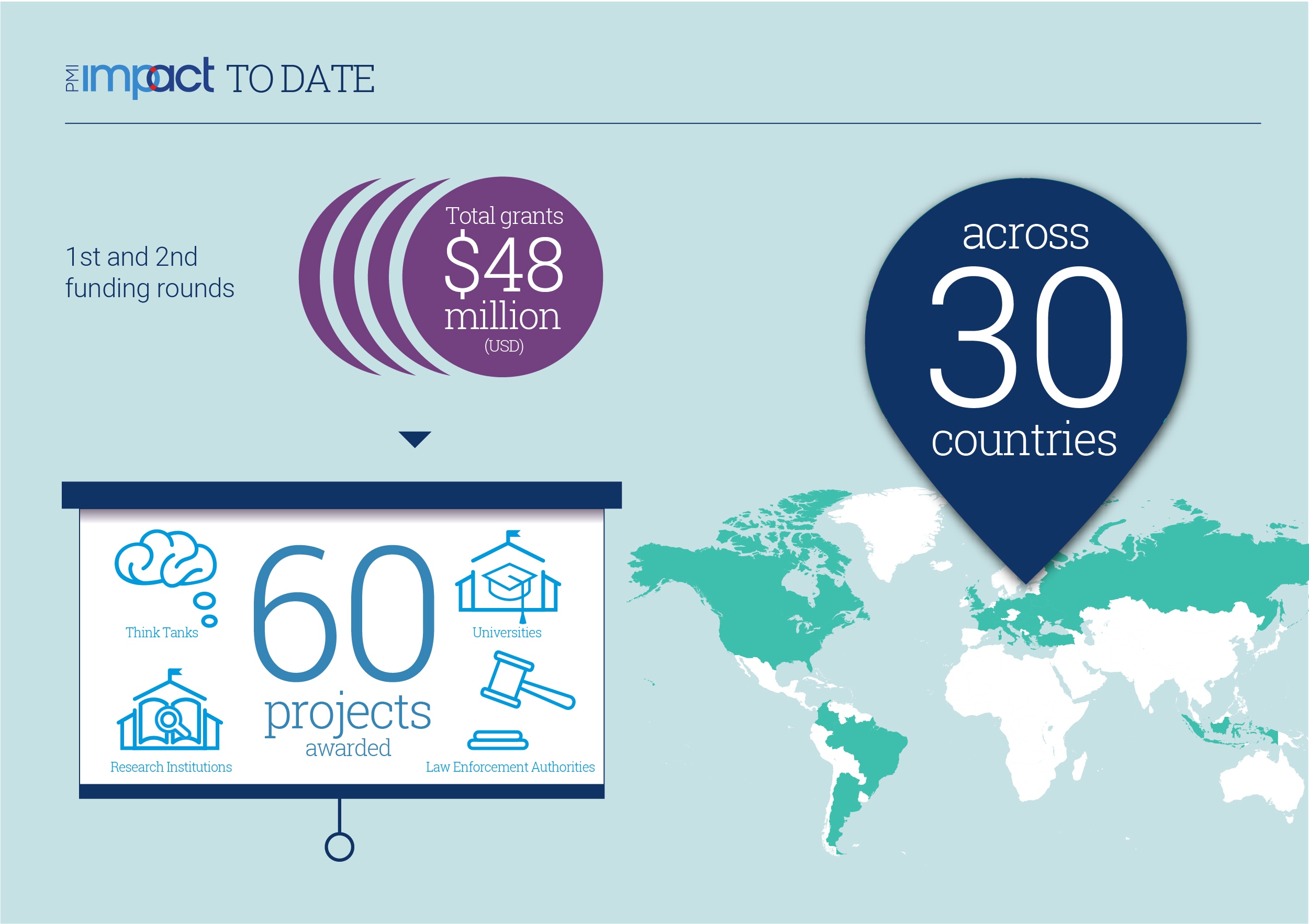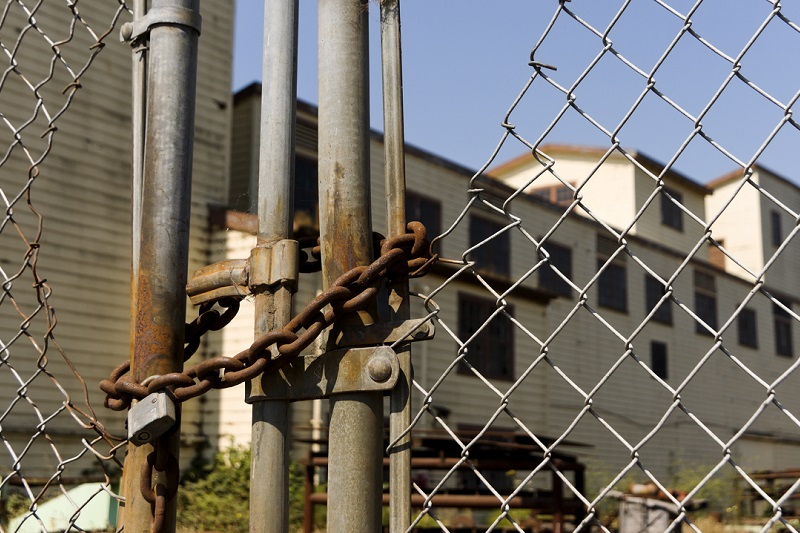
Driss Benomar: Women could be the key to fighting all forms of extremism in Africa
31 JAN 2020

Lire en français
Africa has always been a difficult continent to secure from illicit actors. Areas are vast, hard to protect, and many borders are porous. The illicit trade of goods is common. A recent report by TRACIT made for a sobering read: A report by the African Development Bank estimates the value of illicit oil trade in Africa to be around USD 100 billion a year. West Africa alone could be losing USD 1.3 billion per year to illegal, unregulated, and unreported fishing and related processes—that’s as much as 37 percent of all fish caught. The report also cites a recent study that found that illicit alcohol represented 40 percent of total alcohol consumption. Today, illicit trade in Africa seems to concentrate on the trafficking of migrants. Trafficking in illicit cigarettes, according to the report, is one of the “main sources of funding for terrorist activities (…) traffickers closely cooperate with regional terrorist groups,” mainly in the Sahel region.
Driss Benomar is CEO of Alomra Group International, a security company based in Casablanca, Morocco, which focuses on state-level security risk management. He is also the Founder and President of the think tank “Atlantis,” and the organizer of the Africa Security Forum, which had its latest event in Rabatat the beginning of December 2019.
STOP: ILLEGAL caught up with him just after the forum, on the main themes concerning security on the continent.
STOP: ILLEGAL: How are security risks evolving in Africa? How are they different from before?
Driss Benomar: Security risks, just like the geography of Africa, never stop changing. We have moved from a world where the great powers, from West to East Europe, used Africa as a place of indirect confrontation over political will and the incredible riches of the continent, to a world where two criminal logics seem to complement each other. The first: The logic of the exploitation of migrants. These are unfortunate people, women beaten and raped, children exploited and sometimes placed in “storage,” waiting for a ransom to be paid to free them. The second: The mafia-like logic used by pseudo-religious extremist movements. These constitute the new paradigm of today’s Africa where all its possibilities must play out—the best and the worst.
STOP:ILLEGAL: Is illicit trade still as important as it was in the past?
Driss Benomar: In Africa, people have always traveled with trade or barter as their main reason for doing so. So, yes, illegal trade has always been important. The caravan routes that crossed Africa have seen the arrival of the salt market, the silk market … but also the drug market and the weapons market, without there ever really being any very effective control measures because of the vastness of the areas—among other reasons. Demand has always created the market. When the levels of tax in one country are lower than in the neighboring one, raw materials seep across very easily. Even iron ore doesn’t escape this logic. In Central Africa, several countries with no mines within their own borders have become some of the world’s largest exporters by exploiting the resources of their neighbors.
STOP:ILLEGAL: Is the nature of illicit trade changing, or are the people who are doing it changing?
Driss Benomar: At this year’s event we answered this question by saying that when you look at the people who benefit from illicit trade, clearly things haven’t changed much over the years. Poverty, low wages, corruption, and the difficulty of controlling “uncontrollable” spaces have consolidated the networks that have learned how to adapt perfectly to the reality of the market. The main actors all follow the same logic. They have built strong protection systems around themselves, for example by using private militias or networks of “protectors” who are very well rewarded.
STOP:ILLEGAL: What policy recommendations for 2020 were discussed at the event?
Driss Benomar: The Africa Security Forum is intended to be a neutral space in comparison to the political world, and we don’t seek to provide policy recommendations during the discussions. However, what was stressed often was the need for good governance, and also the time difference between political willingness to act and concrete action on the ground. This time lag interferes with decisions to implement concerted actions, even in the short term.
STOP:ILLEGAL: What are your hopes and fears for African security in 2020? What do you think could change?
Driss Benomar:My clearest fear is that despite COP meeting after COP meeting, and global summits on the earth, the oceans, or other things, there is still a long way to go between alarmist and/or triumphant statements, the funding, and implementation of measures and finally seeing a visible effect—even a very small one.
Other than that, another major fear is the possible and even probable expansion of extremist movements, mainly religious, across a continent where two worlds clash. The world of those who seek to oppose the spread of education and culture. And the other of people who are asserting their freedom. The ones who will suffer from this are—once again—those lacking education, resources or who are overwhelmed by a terrible feeling of helplessness in a world they think doesn’t hold a future for them.
This situation is fertile ground for these deadly ideologies.
What must change, not could change, is the promotion of education of young people—of all young people, but paying particular attention to the fate of young girls who are too often marginalized and used as an adjustment variable in families themselves in great suffering.
Women are always at the heart of society, they are sisters, aunts, mothers, daughters, nurses and sometimes teachers, but they are above all and especially in Africa the silent soul of the home. The one who knows how to get through to all the members of her family and influence their best judgement. This can only happen if they are given that judgement themselves, via an education provided in a non-dogmatic setting.
For us, the key is there. It’s perhaps not the only answer, but it’s the key to unlocking the rest.
Africa has always been a difficult continent to secure from illicit actors. Areas are vast, hard to protect, and many borders are porous. The illicit trade of goods is common. A recent report by TRACIT made for a sobering read: A report by the African Development Bank estimates the value of illicit oil trade in Africa to be around USD 100 billion a year. West Africa alone could be losing USD 1.3 billion per year to illegal, unregulated, and unreported fishing and related processes—that’s as much as 37 percent of all fish caught. The report also cites a recent study that found that illicit alcohol represented 40 percent of total alcohol consumption. Today, illicit trade in Africa seems to concentrate on the trafficking of migrants. Trafficking in illicit cigarettes, according to the report, is one of the “main sources of funding for terrorist activities (…) traffickers closely cooperate with regional terrorist groups,” mainly in the Sahel region.
Driss Benomar is CEO of Alomra Group International, a security company based in Casablanca, Morocco, which focuses on state-level security risk management. He is also the Founder and President of the think tank “Atlantis,” and the organizer of the Africa Security Forum, which had its latest event in Rabatat the beginning of December 2019.
STOP: ILLEGAL caught up with him just after the forum, on the main themes concerning security on the continent.
STOP: ILLEGAL: How are security risks evolving in Africa? How are they different from before?
Driss Benomar: Security risks, just like the geography of Africa, never stop changing. We have moved from a world where the great powers, from West to East Europe, used Africa as a place of indirect confrontation over political will and the incredible riches of the continent, to a world where two criminal logics seem to complement each other. The first: The logic of the exploitation of migrants. These are unfortunate people, women beaten and raped, children exploited and sometimes placed in “storage,” waiting for a ransom to be paid to free them. The second: The mafia-like logic used by pseudo-religious extremist movements. These constitute the new paradigm of today’s Africa where all its possibilities must play out—the best and the worst.
STOP:ILLEGAL: Is illicit trade still as important as it was in the past?
Driss Benomar: In Africa, people have always traveled with trade or barter as their main reason for doing so. So, yes, illegal trade has always been important. The caravan routes that crossed Africa have seen the arrival of the salt market, the silk market … but also the drug market and the weapons market, without there ever really being any very effective control measures because of the vastness of the areas—among other reasons. Demand has always created the market. When the levels of tax in one country are lower than in the neighboring one, raw materials seep across very easily. Even iron ore doesn’t escape this logic. In Central Africa, several countries with no mines within their own borders have become some of the world’s largest exporters by exploiting the resources of their neighbors.
STOP:ILLEGAL: Is the nature of illicit trade changing, or are the people who are doing it changing?
Driss Benomar: At this year’s event we answered this question by saying that when you look at the people who benefit from illicit trade, clearly things haven’t changed much over the years. Poverty, low wages, corruption, and the difficulty of controlling “uncontrollable” spaces have consolidated the networks that have learned how to adapt perfectly to the reality of the market. The main actors all follow the same logic. They have built strong protection systems around themselves, for example by using private militias or networks of “protectors” who are very well rewarded.
STOP:ILLEGAL: What policy recommendations for 2020 were discussed at the event?
Driss Benomar: The Africa Security Forum is intended to be a neutral space in comparison to the political world, and we don’t seek to provide policy recommendations during the discussions. However, what was stressed often was the need for good governance, and also the time difference between political willingness to act and concrete action on the ground. This time lag interferes with decisions to implement concerted actions, even in the short term.
STOP:ILLEGAL: What are your hopes and fears for African security in 2020? What do you think could change?
Driss Benomar:My clearest fear is that despite COP meeting after COP meeting, and global summits on the earth, the oceans, or other things, there is still a long way to go between alarmist and/or triumphant statements, the funding, and implementation of measures and finally seeing a visible effect—even a very small one.
Other than that, another major fear is the possible and even probable expansion of extremist movements, mainly religious, across a continent where two worlds clash. The world of those who seek to oppose the spread of education and culture. And the other of people who are asserting their freedom. The ones who will suffer from this are—once again—those lacking education, resources or who are overwhelmed by a terrible feeling of helplessness in a world they think doesn’t hold a future for them.
This situation is fertile ground for these deadly ideologies.
What must change, not could change, is the promotion of education of young people—of all young people, but paying particular attention to the fate of young girls who are too often marginalized and used as an adjustment variable in families themselves in great suffering.
Women are always at the heart of society, they are sisters, aunts, mothers, daughters, nurses and sometimes teachers, but they are above all and especially in Africa the silent soul of the home. The one who knows how to get through to all the members of her family and influence their best judgement. This can only happen if they are given that judgement themselves, via an education provided in a non-dogmatic setting.
For us, the key is there. It’s perhaps not the only answer, but it’s the key to unlocking the rest.


